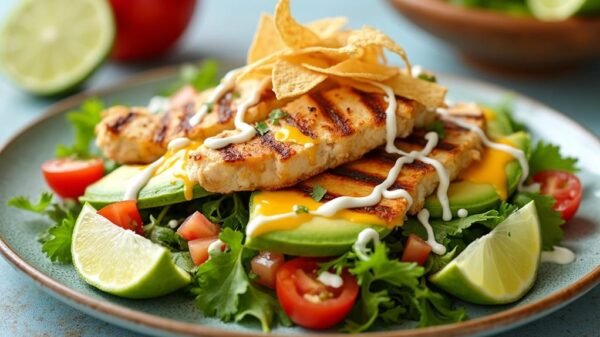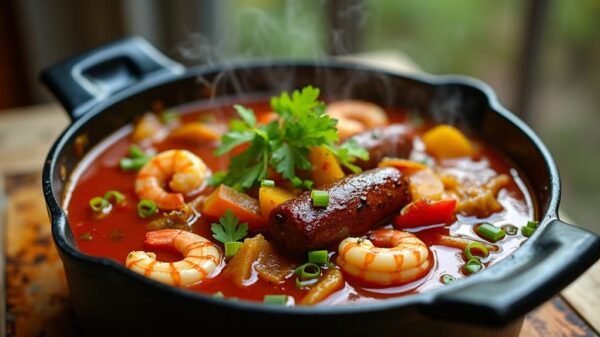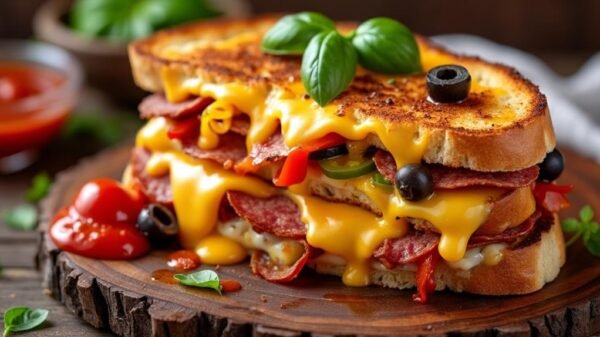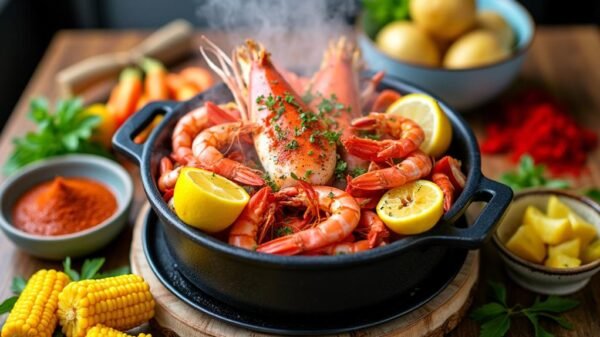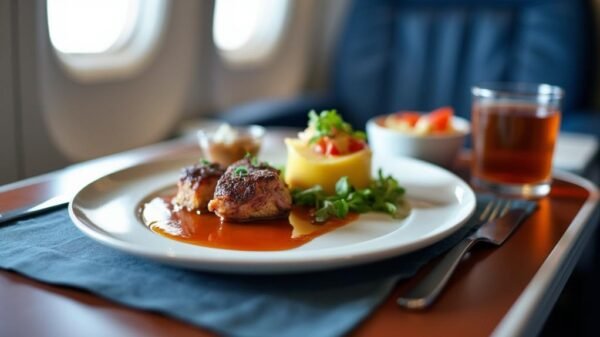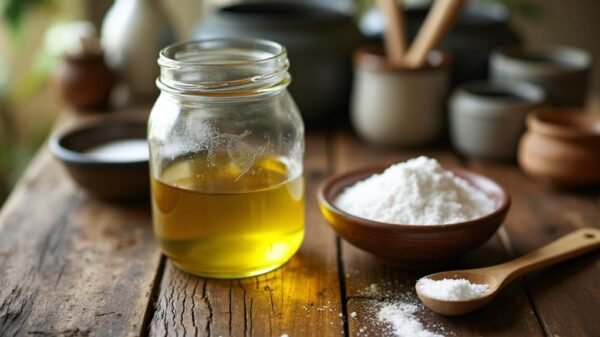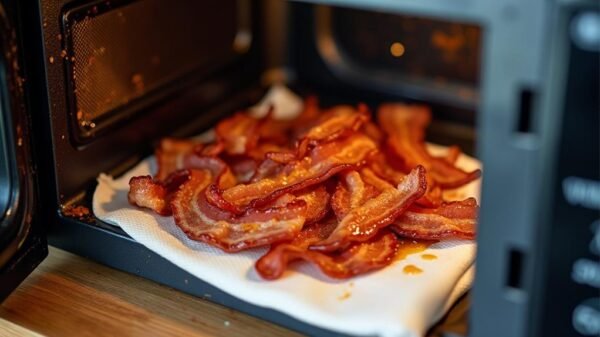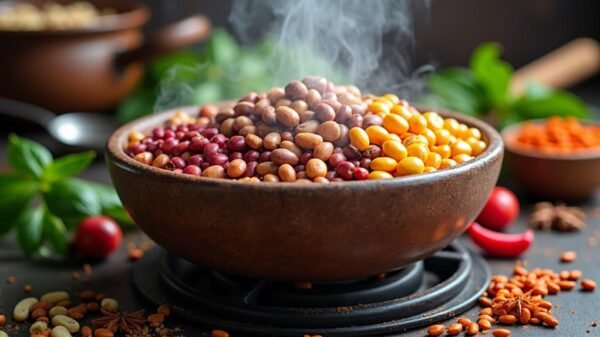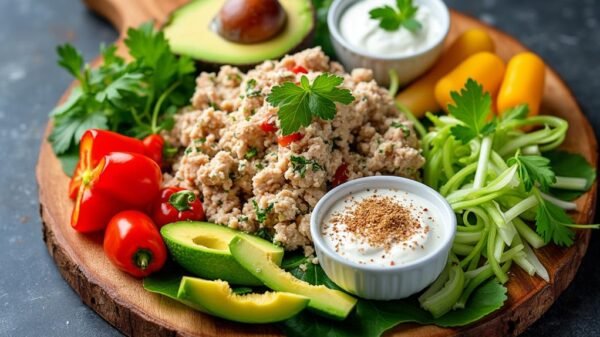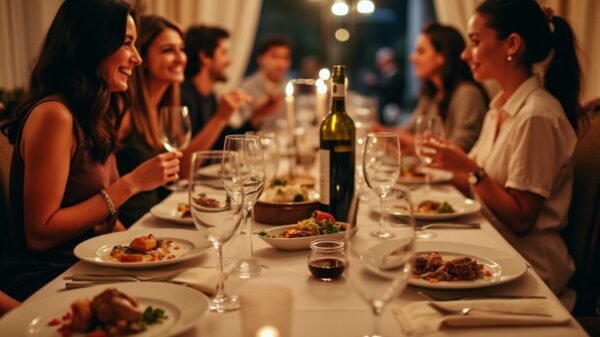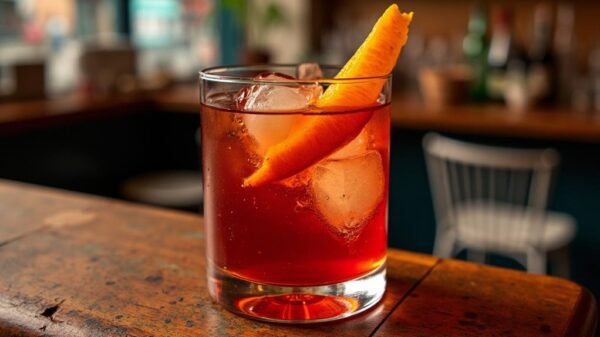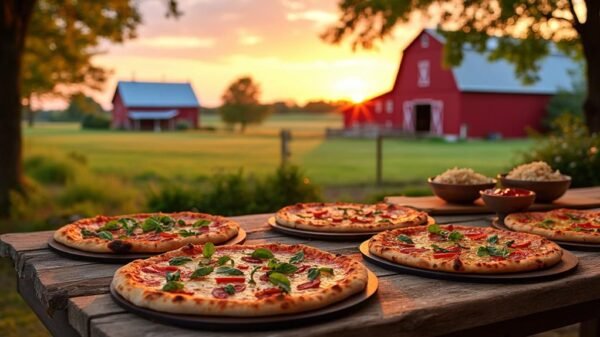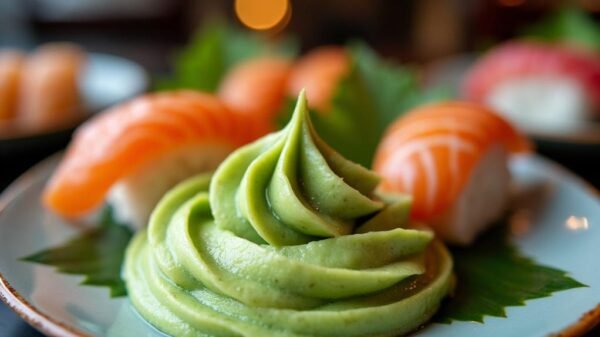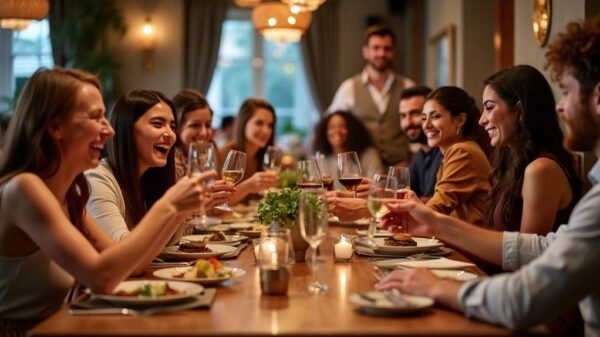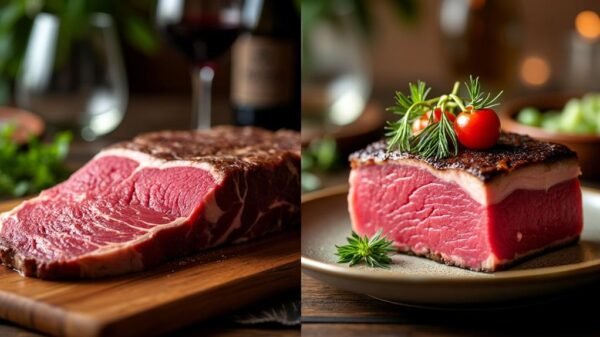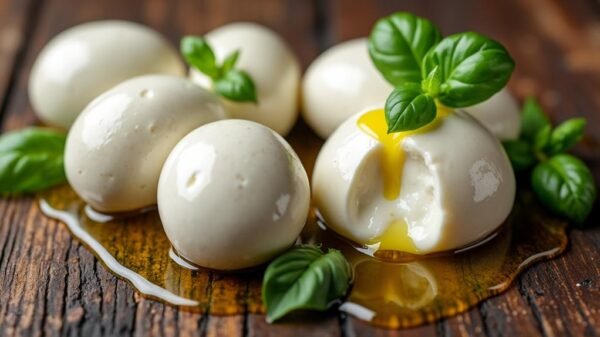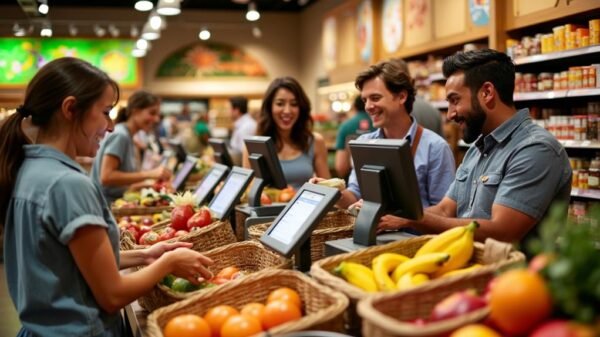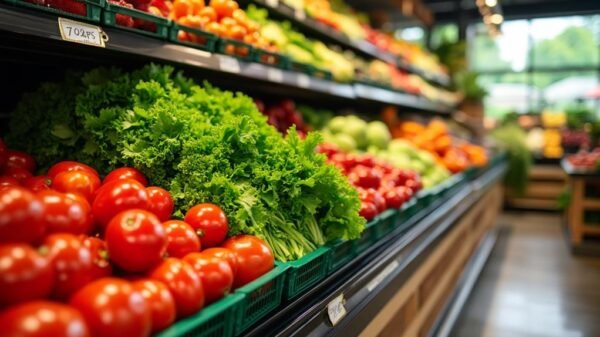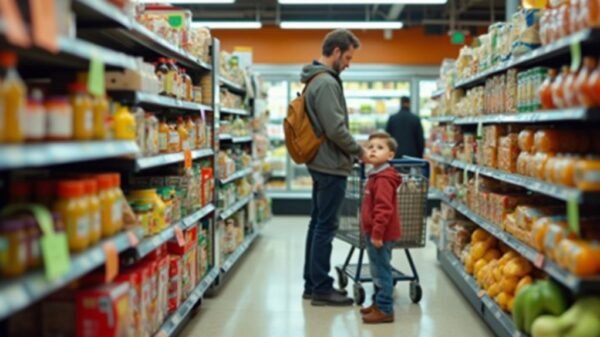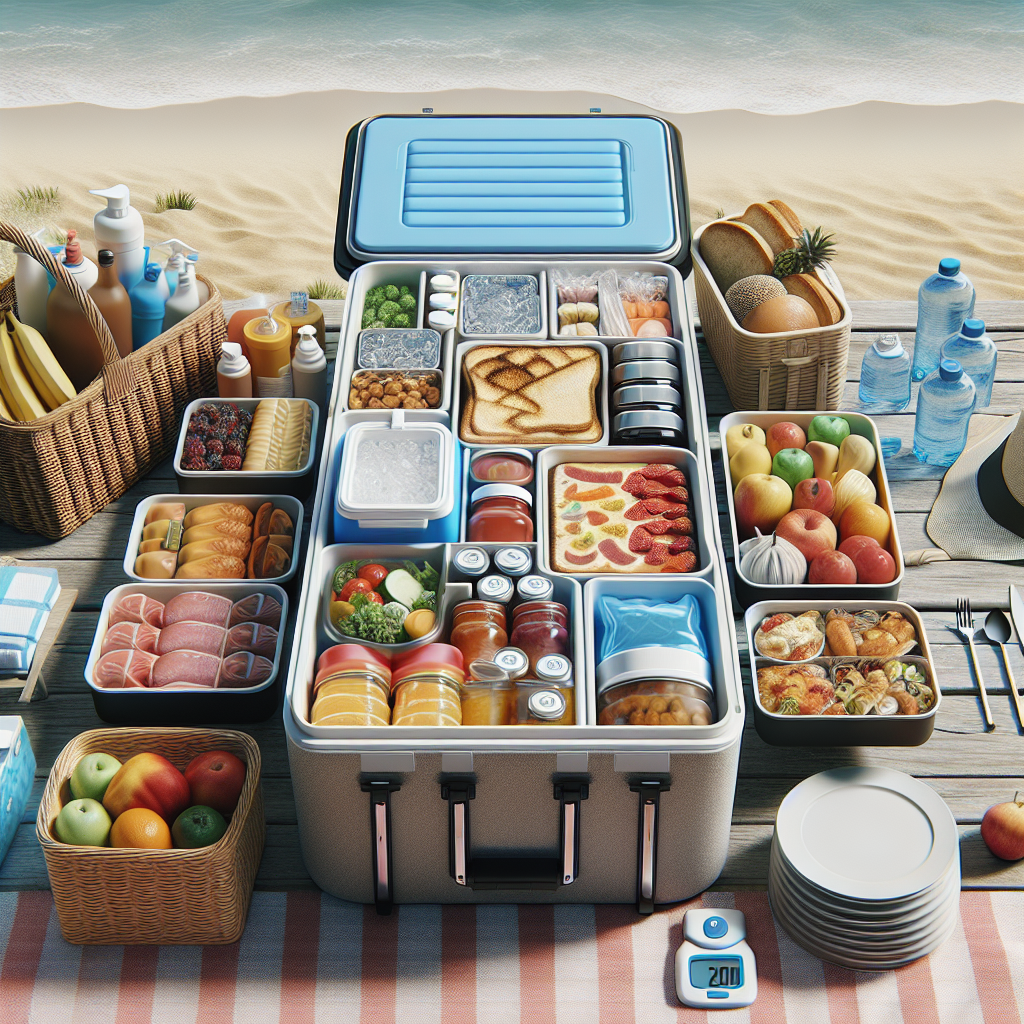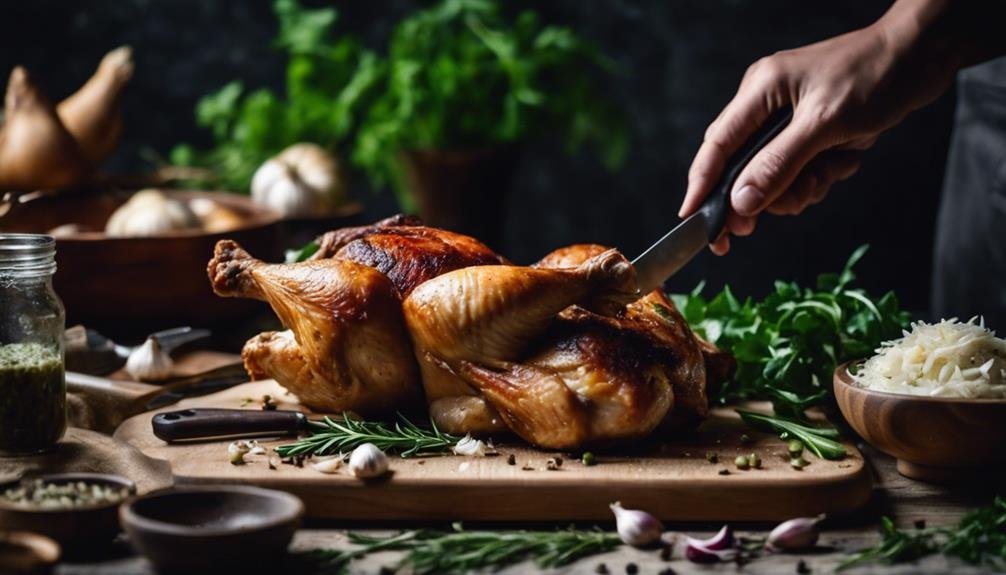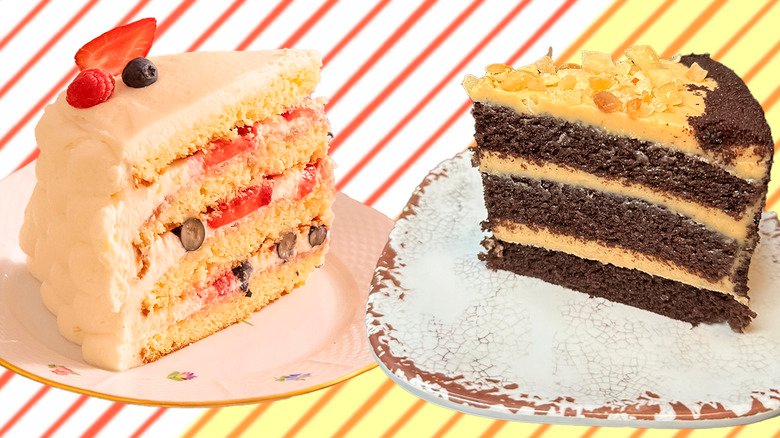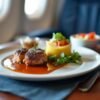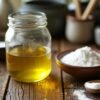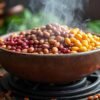Essential Tips for Safe Beach Grilling
Grilling on the beach is a fantastic way to enjoy delicious food while soaking in the sun and surf. However, maintaining food safety is paramount, especially when dealing with raw meats and seafood. In this article, we’ll discuss crucial measures to ensure your beach grilling experience is both enjoyable and safe.
Keep Raw and Cooked Foods Separate
The first step in preventing cross-contamination is separating raw and cooked foods. Raw meats and fish should never come into contact with ready-to-eat items. This segregation is necessary to avoid harmful bacteria from transferring and potentially causing foodborne illnesses.
Use Separate Coolers
For optimal safety, pack two coolers. One should hold drinks and snacks, which will be accessed frequently. The other should remain closed, housing raw ingredients until they are ready to be cooked. This simple division helps maintain a consistent temperature for your raw items, preventing premature spoilage or bacterial growth.
Single Cooler Solutions
If carrying two coolers isn’t feasible, there are ways to still keep raw and cooked items apart. Store raw ingredients in containers with secure lids to prevent leaks and cross-contamination. It’s advisable to pack raw foods at the bottom of the cooler. This positioning ensures that if any juices escape, they won’t trickle down and contaminate other items. Use ice or gel packs to create a cold barrier between raw and other foods. A sheet pan filled with ice can serve as an effective divider, organizing the cooler and maintaining food safety.
Proper Packaging and Temperature Maintenance
Airtight Containers
Utilizing airtight containers rather than original packaging helps in managing leaks from raw foods. These containers not only keep the raw juices contained but also prevent air from entering, which could accelerate spoilage.
Ice and Gel Packs
Layering your cooler with ice or gel packs is critical. Not only do these elements keep the contents cold, but they also separate different food types. Ensure that raw items are on the bottom, with a solid barrier of ice above them. This method keeps the temperature consistent and preserves the quality of your food.
Cleaning and Sanitizing
Maintaining hygiene is fundamental when handling food outdoors. Always wash your hands and utensils thoroughly after dealing with raw ingredients. Bring along plenty of hand sanitizer and antibacterial wipes to manage cleanliness when soap and water aren’t available. Use different cutting boards and knives for raw and cooked foods to prevent cross-contamination.
Cooking to the Right Temperature
To kill any bacteria present in raw meats and seafood, cook them thoroughly to the recommended internal temperature. Using a food thermometer ensures that you achieve the proper temperature, making your grilled items both safe and delicious.
Smart Garbage Management
Lastly, manage your trash smartly to avoid contamination and attract pests. Dispose of raw meat packaging immediately and keep garbage bags tightly sealed. This practice helps maintain a clean environment and reduces the risk of any foodborne issues.
Enjoy Your Grilling Safely
By following these detailed food safety tips, you’re set for a wonderful beach grilling experience. Maintaining separation between raw and cooked foods, proper packaging, and vigilant cleaning habits are the keys to preventing foodborne illness. So, prepare well, grill safely, and enjoy your time at the beach with peace of mind.


